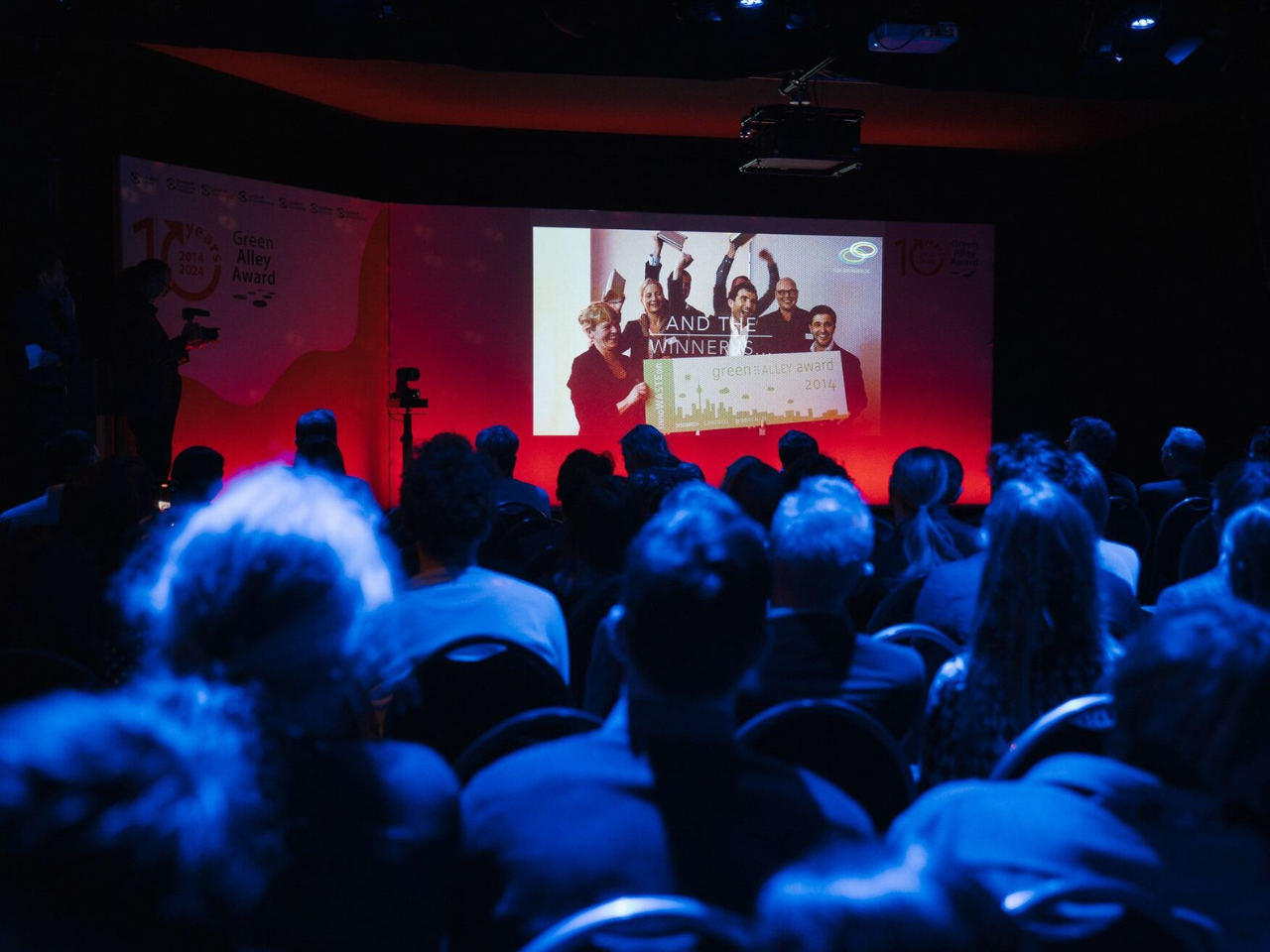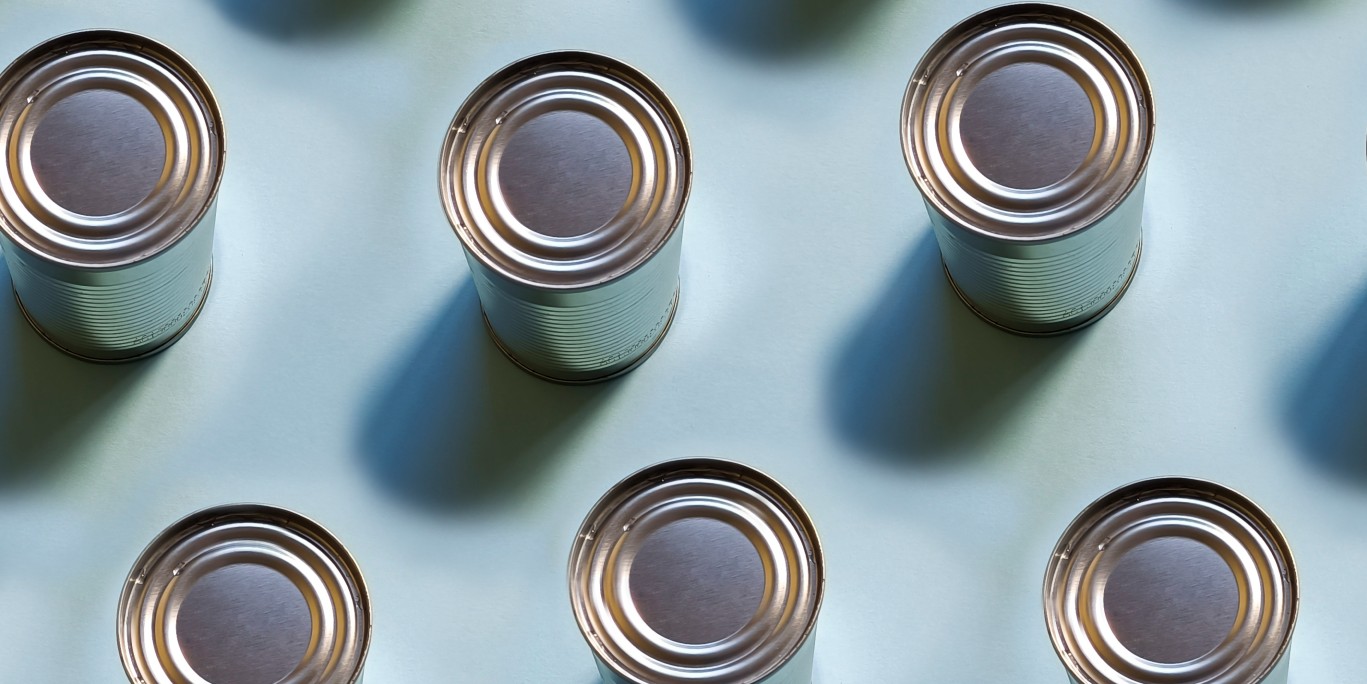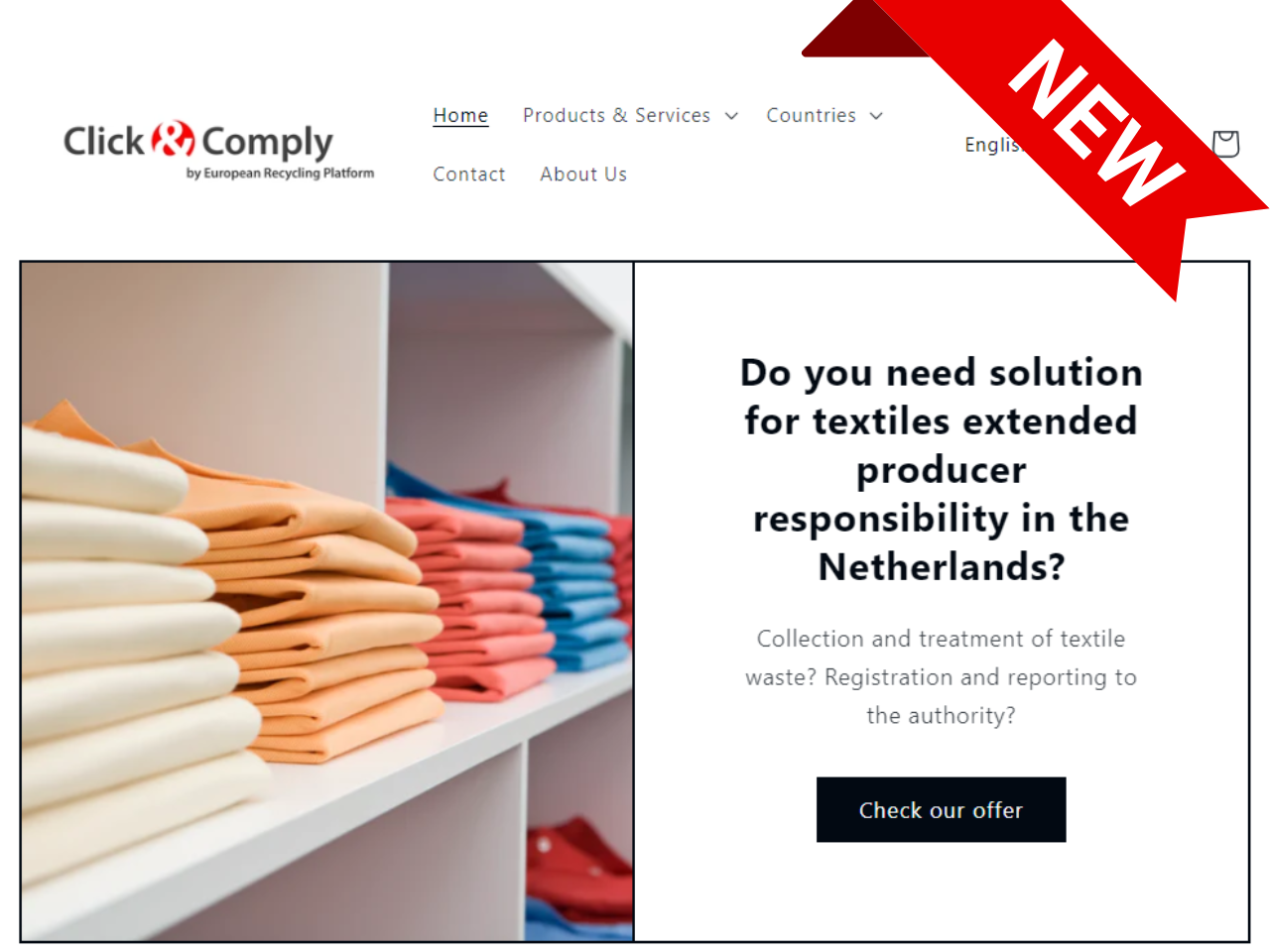What are the latest developments concerning environmental legislation globally? We’ve picked out some highlights for you for April 2023.
Landbell Group calls for clarifications on new packaging regulation
Stakeholders have had the opportunity to provide feedback on the European Commission’s proposal for the new Regulation on Packaging and Packaging Waste (PPWR).
Landbell Group views the proposal as a step in the right direction but highlighted several areas where clarification is still required: for example, the intended practical steps and timelines, since certain aspects of the proposal – such as the recyclability assessment and the related modulation of EPR financial contributions – will only be adopted via delegated acts. Landbell Group also asked for clarification on when these delegated acts will be adopted, so industry has enough time to prepare for the changes with legal certainty before their adoption.
Similarly, questions remain regarding the implementation of the EU-wide harmonisation of labels, a clearer definition of the term recyclability, and how the intended treatment processes for biodegradable tea and coffee related packaging will not affect the recyclability of other waste streams. Questions also remain on certain aspects related to producer responsibility organisations.
Landbell Group will engage with representatives of the European Parliament and Council, asking them to consider the feedback provided and integrate it in the upcoming negotiation process.
View Landbell Group’s response here.
Survey highlights lack of preparedness for EPR in the UK
In preparation for the introduction of EPR for packaging in 2024, UK producers will need to collect information on the amount and type of packaging they supply. The reporting timeframe has already started and large producers will now need to report packaging data twice a year. The first reports must be submitted from 1st July and before 1 October 2023.
While the final shape of the EPR system is still unknown, the collection of data will provide the basis for establishing packaging waste management fees for producers in 2024. To mark the start of the reporting timeframe, the environmental data specialist, Ecoveritas conducted a survey on the preparedness of producers regarding the reporting guidelines and found:
- 9% of businesses surveyed felt unprepared for the legislation but are aware of the upcoming changes
- A total of 57.1% of the businesses surveyed do not currently collect or report data on packaging waste
- 7% of producers rated the quality of communication from government between 1 and 2 (on a scale of 10)
Landbell Group company, ERP UK is active in supporting companies with the brand-new EPR Packaging Regulations. For support, please contact ERP UK here.
EPR for catering packaging in France
Published on 8 March 2023, Decree No. 2023-162 – which already entered into force on 9 March –established a new EPR sector for packaging used in catering activities. Pursuant to the Decree, natural or legal persons who place packaged products consumed or used by catering professionals on the national market will be required to organize or contribute to the management of waste arising from the packaging of these products.
A catering professional is understood to be a person who is engaged in a professional catering activity, on the spot or on a takeaway basis, including drinking establishments, whether it is a main activity or not and whether it is indoors or outdoors.
According to the Decree, catering packaging means any packaging of food products consumed or used specifically by professionals involved in catering activities. The categories of packaging falling under this new EPR sector will be defined by an implementing decree. Accordingly, further details of the application of the Decree will be outlined in the corresponding specifications for the sector.
Netherlands adopts a new Packaging Waste Management Contribution Agreement
In the Netherlands, the Packaging Management Decree 2014 regulates extended producer responsibility (EPR) for packaging, which requires producers and importers to take responsibility for the collection, treatment, and recycling of their waste. Producers and importers generating over 50,000 kg of packaging waste annually are the obligated parties. To fulfil their obligations, they must join a compliance scheme since individual solutions for packaging waste management are not possible in the Netherlands.
Previously, obligated parties were bound to the Waste Management Contribution Agreement that they signed in 2017, and which expired at the end of 2022. The Afvalfonds Verpakkingen (‘Packaging Waste Fund’) was established by producers and importers to collectively meet extended producer responsibilities. They signed a new agreement with this fund, which is valid from 1st January 2023 until the end of 2027, and covers packaging and single-use plastics.
Producers must register with the Packaging Waste Fund, declare their packaging weight, and pay a contribution fee for every kilogram above the threshold. Producers above 50,000 kg do not pay the fee on the first 50 tons to ensure fairness between large and small producers who are not obliged to pay a contribution fee if they produce less than the volume threshold. The Packaging Waste Fund uses these contributions to finance the collection and recycling of packaging waste.
The Waste Management Structure consists of various measures, including collection, recycling, awareness-raising, reporting obligations, deposit obligations, and expert knowledge maintenance. The Waste Management Contribution that producers and importers must pay to the Packaging Waste Fund is based on the net costs of collection, treatment, and marketing, along with system costs.
With the new Packaging Waste Management Contribution Agreement, the Netherlands continues to tackle the packaging waste issue by ensuring fair EPR compliance among producers and importers.
Sign up for our monthly
report COMPASS here:
Your email











